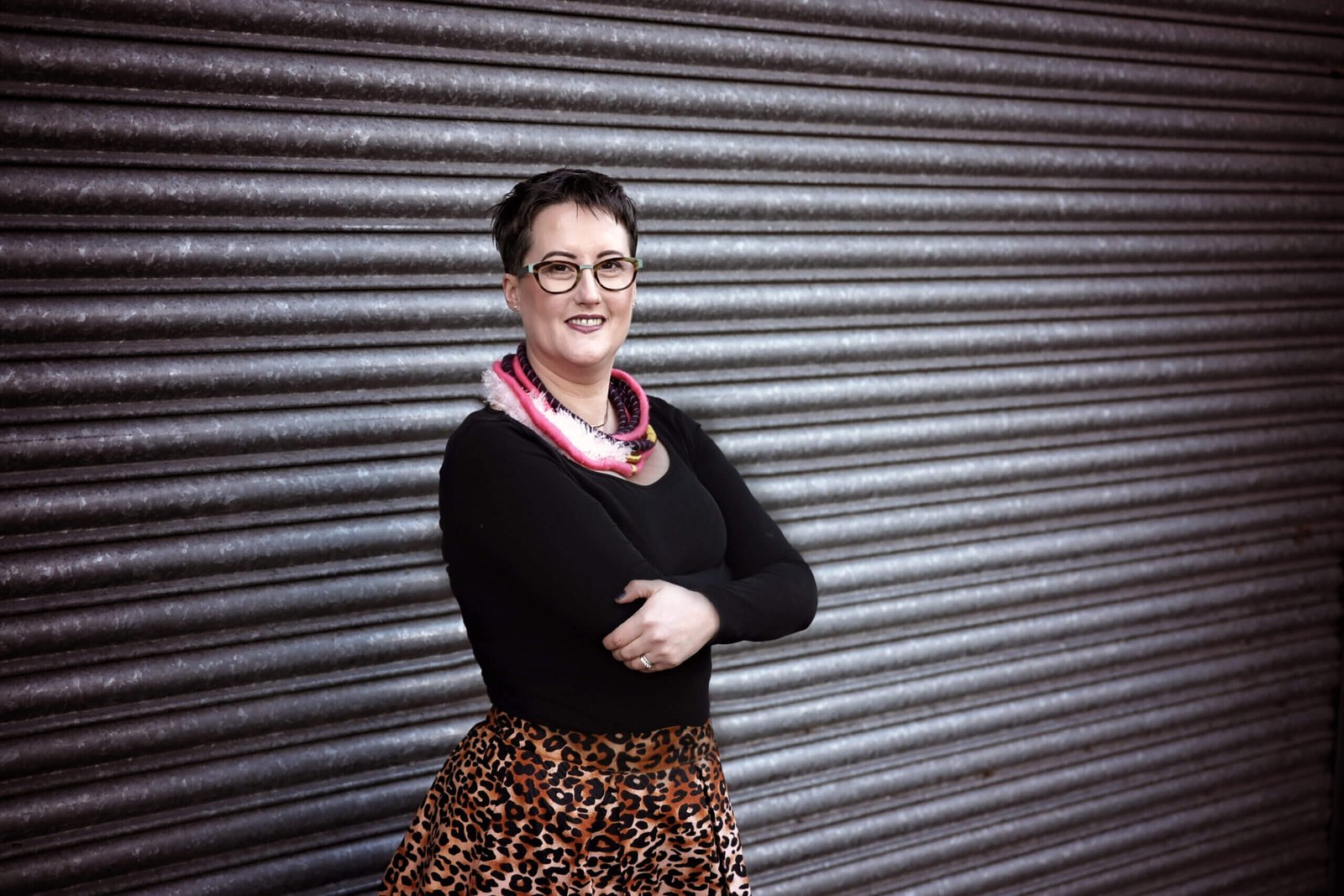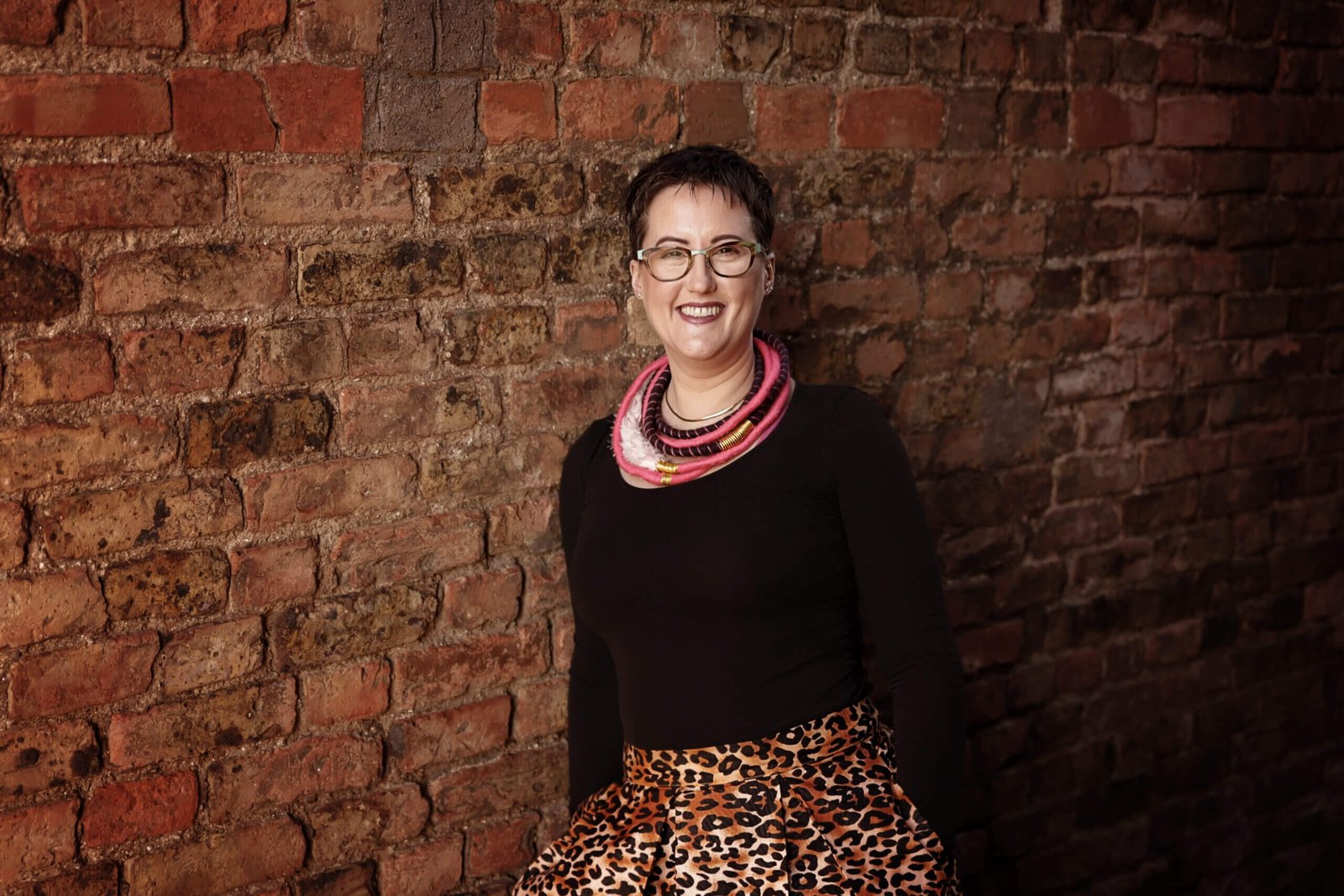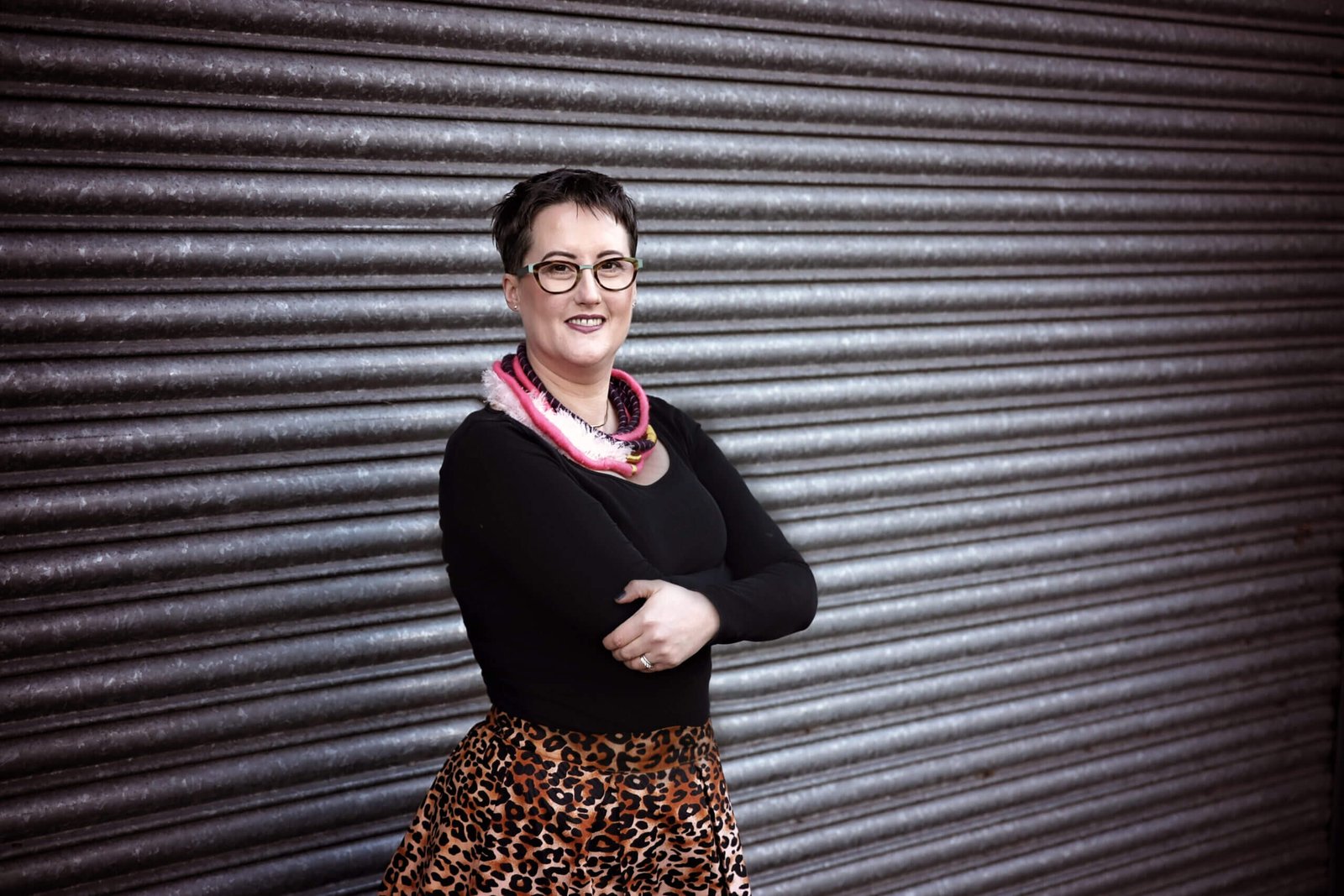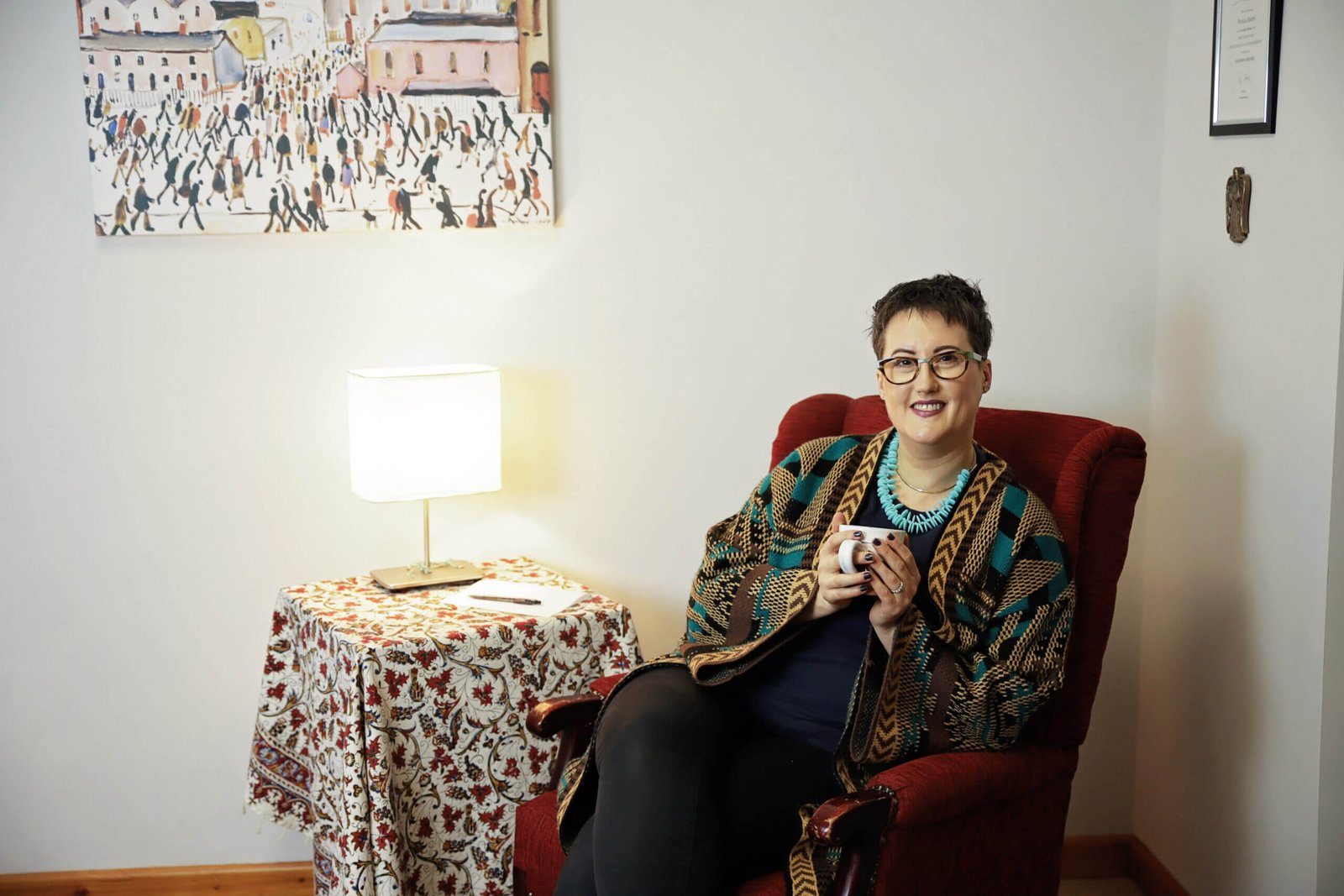
by Bethan O'Riordan | Jan 23, 2023 | Blog, Parenting
There are many courses out there to help parents upskill and know how to help make being online safe for their children. However, it is essential that after you’ve learned about blocking sites/what you want your child to access, you have a conversation with them about how you will implement these rules.
Make sure the phone rules are a collaborative process between you and your child. By the pre-teen years, your child will have developed a good sense of who they are and what’s right/wrong, so include them in creating a plan for the phone to be something that benefits their lives.
Write down some basic rules that will keep them safe. Children of this age need lots of guidance around the detail of handling conversations/what they see/hear. Here are some guides to being with:
Will there be phones before school/after school/after homework/weekends?
Where does the phone live when it is turned off at the end of the day?
Let your child know if you’ll be checking their phone and what you’ll be looking for, and if they see something they’re unsure of, have a plan in place to speak with your child about it openly and helpfully.
Is there a time limit for how much your child can be on the phone per day?
Are there jobs you’d like your child to do to pay for the phone?
Have a conversation about being part of groups online – how will your child interact?
Explore talking online – are online friends real friends?
Be clear that there is no sharing of body parts/asking for images of body parts.
Know that your child will probably make mistakes online – haven’t we all? What’s crucial is that your child knows they can come to you with anything they see or hear that doesn’t feel right. Have a conversation about the observed not feeling right and help your child tune into this.
Your child moving forward in their world and having new ways to communicate is terrific, but it is the next level in your relationship of trust with them. I meet many parents who use the phone as a medium to trust their children (if they break the rules, the trust is a broken type of thing), but this is the wrong way around. By the pre-teen years, a parent should have a trusting relationship with their child not because of outside influences such as phones and technology, but because they know who they are, their values and how they go about things.
Don’t use the phone to test your child. Use a phone to deepen your relationship with them.
If anything in this blog resonates with you and you’d like support to create change, you’re welcome to book a free call with Bethan here to explore your support options. Make sure you download your free 5 Steps to Calmer Parenting to help develop new skills for coping with what’s hard and if you’re looking for immediate parenting support, you can start your free 7 day trial in the Calm Parenting Club.

by Bethan O'Riordan | Jan 17, 2023 | Blog, Parenting
You don’t need to parent the way your mother-in-law expects in order to be a great mum.
Doesn’t everyone have an opinion on how someone ‘should’ parent? I remember when I had my third baby, we told very few people for all the reasons you can imagine! I needed time to figure out what being a mum of three meant, how it would look logistically and how I would be in myself. And, because of the changing nature of life, I am still working some of it out almost a decade on.
Can your partner hear your viewpoint about your mother-in-law? If so, can he advocate for you? An important thing to remember is that no one (and I put myself at the front of this queue) does well with ambiguity, so the more precise and direct we can be with how we’d like to be treated, the better. I know this doesn’t mean that the other person will necessarily immediately take your wishes on board, but this is the best place to start.
I love the idea of open, honest conversations where all parties hear what’s being said without being personally offended, but often the reality is different. Sometimes people think they are being helpful, and it can be an upsetting reality to realise that their opinions and guidance aren’t welcomed. So often, they are operating from their internal memories of how being a mother was for them. They are performing from their wounds and feelings of loss.
But you are not them. You are you, and your child needs you to work out what this means so that you can tune into yourself and your child.
Do you know the specific parts of the relationship with your mother-in-law that you find overbearing? If not, try and break it down – is it logistically or emotionally that you’re finding difficult? Then grab pen and paper/phone/however you write and keep breaking down what’s hard for you into a sentence with as few words as possible.
The next part is to figure out how you’d like to communicate this. Remember that you will not be able to control how your mother-in-law feels, and you don’t have to manage this. Try to create phrases which let other people know how you’d like to be treated. Would you like her help at all? People do very well with clear guidance, so is it possible to let her know with clear, simple language in what way and how you’d like her to help out?
Start by clarifying what you need and how you’d like additional support to look. So often, people want to help, but it can be smothering and suffocating and leave parents feeling trapped. You have a voice. It’s about finding the words and communicating what you want and need, which I know can be difficult. Being a mum can be a vulnerable feeling in so many ways.
People often want to save others from falling apart, but I want you to know that you’re allowed for things not to look perfect – the washing can be piled high, dinners can be out of the freezer, the house can be upside down and you not want anyone to come and fix it. We find who we are from the depths of hardship, not when others keep trying to rescue us from reaching the bottom of the mud. Remember that a lotus flower only reaches its beautiful potential from the earth from which it grows. We are a bit the same too. And maybe that is uncomfortable for your mother-in-law.
If anything in this blog resonates with you and you’d like support to create change, you’re welcome to book a free call with Bethan here to explore your support options. Make sure you download your free 5 Steps to Calmer Parenting to help develop new skills for coping with what’s hard and if you’re looking for immediate parenting support, you can start your free 7 day trial in the Calm Parenting Club.

by Bethan O'Riordan | Jan 9, 2023 | Blog, Parenting
There’s a few simple steps that you can take to increase your child’s confidence, so let’s break it down into three simple areas to support them. But before we do that, let’s take a moment to understand what lacking in confidence really is.
I meet many parents who are worried about a part of their children’s lives – I am a Mum of three so I get this. What’s important is that we manage to keep this worry in proportion. So keep note of whether the lack of confidence is across your child’s life, or certain parts of their day. Breaking this huge area down to something tangible and specific will help you and your child make a realistic plan to support any change.
Remember that children need adults to help them find the words for what’s hard in their lives. Parents can think that by naming things it’s going to make them worse, but naming things is like opening a can of fizzy pop and takes the pressure off.
Here’s how you can practically help:
- Use empathy – Empathy is your number one skill for supporting a child through any emotional difficulty. Be their detective – if you know that there are parts of their day that they find difficult, name them. But most important of all is that when you talk about this with your child, they must know and feel from you and you aren’t worried, critical or angry. You must be in a neutral, “I am here to help” place within yourself.
- Be realistic – we all have parts of life that we are better at than others. It’s ok to not feel confident about every part of life and infact nobody ever rocked up to do anything without a little self-doubt creeping in. Parents putting pressure on children is so common and this comes from parents own fears about their children succeeding and fitting in with life. If you do have fears and concerns, it’s probably you who needs some support in fleshing these out and not passing them to your child.
Celebrate all of your child’s efforts and help them to tune into what they’d like to improve/what they find hard/what they may always find hard. Remember that change happens over a long period of time. Children’s brains and emotions are developing and this is individual to them all.
- Watch how you are around your child – I see it so often in the therapy room when supporting families that the parents are unwittingly supporting their child’s lack of confidence (which by early teen years so quickly can turn into a critical internal voice). Become aware of what you say, your facial expressions and even how you feel about your child. Because children know how you feel about them without having to say anything.
If anything in this blog resonates with you and you’d like support to create change, you’re welcome to book a free call with Bethan here to explore your support options. Make sure you download your free 5 Steps to Calmer Parenting and if you’re looking for immediate parenting support, you can start your free 7 day trial in the Calm Parenting Club.

by Bethan O'Riordan | Dec 18, 2022 | Blog, Parenting
The festive period is a time when families come together, or not come together, which means that we are in relationships in a way that can be difficult. Differences can be highlighted, old inner child wounds re-ignited and this can make Christmas feel like hard work both emotionally and logistically.
Here’s a few tips from a therapeutic perspective to help you create a Christmas that works for you.
1. Set your intention
Who is important to you this Christmas? Is it yourself and your children? Your siblings, parents, cousins, friends, grand parents, aunts and uncles? And if you’re thinking all of the above, that’s ok too! But if relationships in your family are tricky, take time to consider who you really want Christmas to be magical with and set your intention. By this I mean work out how you want things to be, who you’d like to be and work backwards with making a plan from there.
Then, if things go a bit belly up, remember the intention that you set and see what you can do to come back to it.
2. Don’t take it personally
If people around you are reactive, spikey, finger pointing, pass remarkable or anything else that feels like they’re having a dig, take a step back and try not to take it personally. You can’t be responsible for the wellbeing of other adults (even if they’d like you to be!) and know that anything that’s said is them playing out their insecurities. Which aren’t yours to fix. If anything comes your way, remember your intention, which will help carry you over anything that is logistically difficult and stop you going critically inwards or explode outwards. Remember that behind every behaviour there’s a feeling, and behind that there’s a need. So if you’re feeling upset, hurt or put out, it’s not that you’re doing anything wrong. It’s that the other person hasn’t worked out their needs.
3. Find your key phrases
So many difference can be aired at Christmas, but you don’t have to engage in them. So if there’s a political, social, emotional, financial (add your own…) debate going on, or you feel uncomfortable with how someone is talking with you, have a sentence prepared that gives you safety. So often people can unwittingly be the one who regulates the family or be the one that keeps the peace even though it feels compromising. You don’t have to regulate anyone else, you don’t have to respond to appease and you can take time to regulate yourself before you respond.
To do this, try saying something like:
“Mmm, I see where you’re coming from”
“Oh, I’d need time to think about that”
“I’d not considered it before so don’t really have a response right now”
“I’d need time to think about that”
4. Take comfort in your own traditions
Do what feels right for you and your family. You set the emotional tone for the family so if you are feeling compromised this trickles downwards. Traditions don’t have to cost money, or look Instagram perfect. Find connections with yourself and those important to you that feel right. And enjoy every moment of it. Nurture your senses so that you feel warm, safe, relaxed and connected with those who you want to connect with…and include alone time in this.
5. Ask for help
So often we forget to let people in. Ask for help, be specific and let others support you. I am personally terrible with ambiguity so be direct when it comes to what you need done.
6. Be realistic
Try not to expect from others what they can’t give. I don’t mean present wise (although perhaps this too), I mean emotionally. Many people can’t be in a relationship in the way we would like them to be. Yes, this can hurt, but it’s not about you, it’s about them.
7. If you’re missing someone
If you’re missing a loved one who has died this year, or missing a friend or family member due to logistics/a falling out, take time to go easy on yourself.
Find a way to remember them, remember the good times with them, even have a small personal ritual to remember them by.
And if you’re feeling sad, then be sad. Create a time for your sadness a it’s an equally valid part of the festivities.
If anything in this blog resonates with you and you’d like support to create change, you’re welcome to book a free call with Bethan here to explore your support options. Make sure you download your free 5 Steps to Calmer Parenting and if you’re looking for immediate parenting support, you can start your free 7 day trial in the online parenting community, Calm Parenting Club. The Calm Parenting Club is open throughout Christmas to offer nurturing support throughout this time.

by Bethan O'Riordan | Dec 12, 2022 | Blog, Parenting
This is probably ( read definitely) one of my favourite parenting questions to answer. Children cannot regulate their emotions. They do not have the capacity, brain development or life experience to be able to regulate what they feel and think. However, all is not lost. There’s plenty that parents can do to help their children. Begin by rephrasing what you’re querying. It’s not about children gaining skills to regulate their emotions; it’s about creating the inner foundations of a child’s mental health so that their emotions don’t overwhelm them completely when they are older.
Another popular question I get asked is, “at what age do children regulate their emotions?” Well, can you regulate your emotions? If so, can you do it all the time, a bit of the time, or does it depend on what’s going on? We’ve to lower the bar of expectation when it comes to children. Often we expect them to be able to have mental agility skills greater than us as adults. Like us, children are a work in progress when it comes to emotional regulation.
Parents often express, “I thought my child would be able to manage their emotions now they’re six/seven/eight/nine/10 etc.” This creates frustration in the relationship, which children feel and internalise as not being good enough. Yes, it can seem like groundhog day, and it’s exhausting, but we can never make children be anything they’re not.
Here are my tips for how to help support your child’s developing emotions:
Pay attention to them when they are upset
Build your repertoire of how you respond to them based on what they need from you. Empathy is your number one tool in showing that you see and understand that they are upset/overwhelmed/angry etc. You might talk with your child and use your tone of voice, facial expression or body language to show that you care.
Remove consequences for behaviour and, at times, remove the need for apologies
Apologies can often be deeply shaming for a behaviour that was really out of the control of the child. Be unwavering in your support of your child regardless of what they do. Children respond to the environment in which they are, so if they do or say something you don’t agree with, look at what their stressor is and help them with it.
Be self aware and lead by example
Most important is to understand how you regulate your emotions because your children will be learning these soft skills from you.
If anything in this blog resonates with you and you’d like support to create change, you’re welcome to book a free call with Bethan here to explore your support options. Make sure you download your free 5 Steps to Calmer Parenting and if you’re looking for immediate parenting support, you can start your free 7 day trial in the Calm Parenting Club, my online parenting community which wraps supports around parents and their families needs.

by Bethan O'Riordan | Dec 5, 2022 | Blog, Parenting
The ability to hold ourselves at arm’s length and reflect on who we are is everything in parenting. I often say that parenting isn’t about children; it’s about parents and how they respond, rather than react, to their children’s developing emotions. Being aware of what you bring to the gig is essential.
Begin by narrowing down what you’d like to be mindful of. This means things to which you would like to bring awareness. The most important part of this is to consider what your intention is. We could mindfully have sex and mindfully break into a car, so being aware is not enough. We have to take a moment to consider what our intention is with this practice.
An excellent intention, to begin with, is compassion. This is the acknowledgement that something is difficult, while feeling the motivation to turn towards it and help alleviate it. Being compassionately mindful of yourself creates a safe container for what you discover. Without the safety of the compassionate intention, what you uncover when you bring more awareness to yourself could be a little overwhelming. I remember a friend once saying to me, “I think I’ve gone mad. When I pay attention to myself I notice that one minute I am low, the next happy. It’s tricky to follow!”. At least with compassionate intention, when you are aware of your thoughts and behaviours towards yourself and others, you can begin to create change and awareness from this place of understanding.
As for taking action in being more mindful, it’s a matter of practice. Most parents come to me because they want to shout less – in a nutshell – and being self aware is essential to this. Be curious about the version of yourself that you present at different times of the day, in different surroundings and among various people. Notice what happens in your body, thoughts and behaviours at certain times of the day. Do you get a starburst of self-righteous thoughts when your kids aren’t listening to you? Does your heart beat faster when you’re under pressure? Do you lash out when you’re tired?
If so, then welcome to the human mind! Some people find it helpful to write their reflections down to make sense of them. Most important of all is to keep cultivating a compassionate inner voice, one who has your best interest at heart and understands why you do and say the things you do. Going inwards with mindfulness can be a little scary, but your compassionate inner ally will help to make it not manageable.
Inside the Calm Parenting Club are many videos, meditations and most important of all the support to become the mindful parent you’d like to be. You can start your free 7 day trial here and get a taste of how this online parenting community supports you to be the person, and parent, you’d like to be while also getting the answers to your parenting problems. Also don’t forget to get your free 5 Steps to Calmer Parenting which shares tips for helping you to be the change your children need.





